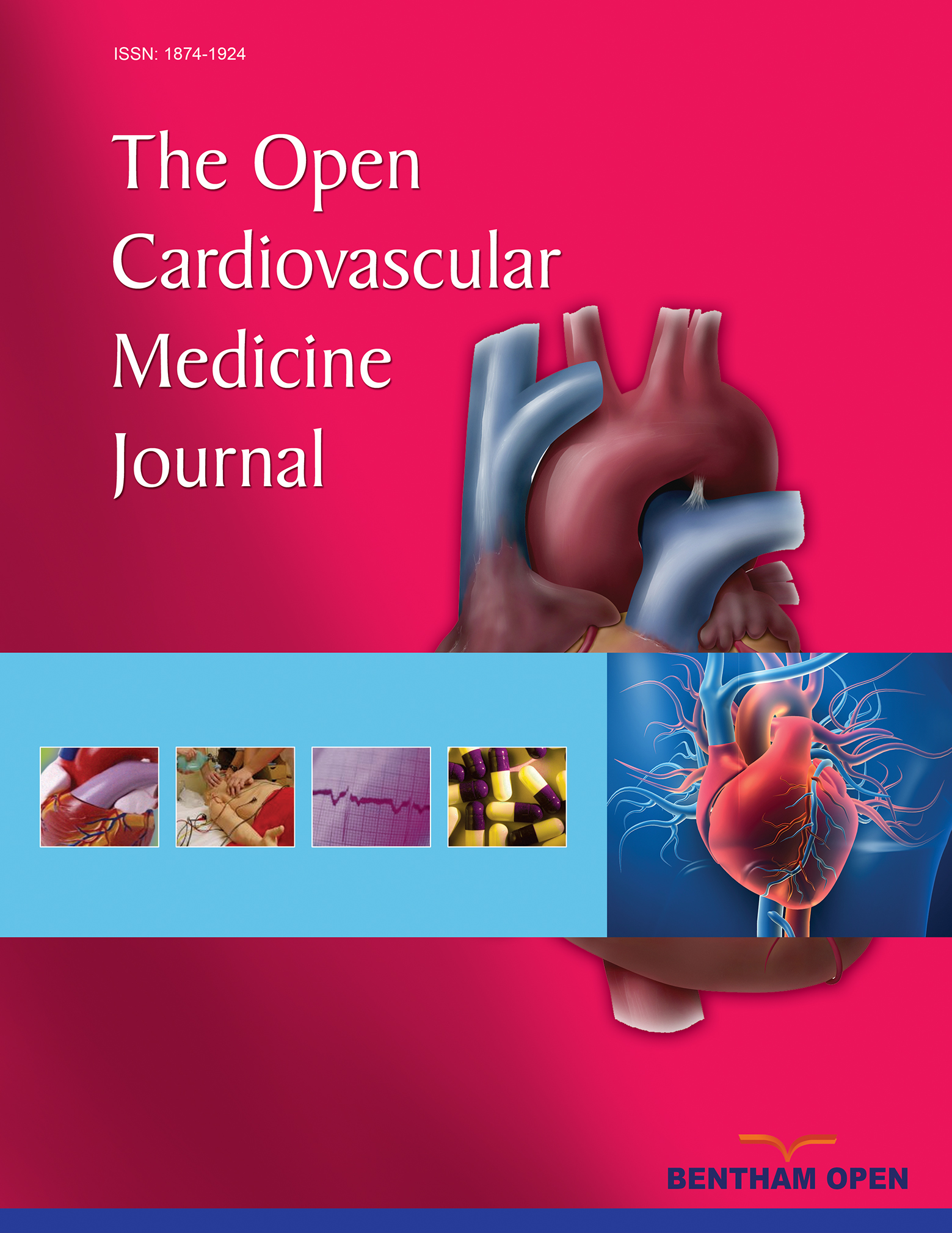All published articles of this journal are available on ScienceDirect.
Expanded Network of Inflammatory Markers of Atherogenesis: Where Are We Now?
Abstract
Inflammatory biomarkers play a pivotal role in atherosclerotic lesions. The plasma levels of these markers are predictive of adverse outcomes such as myocardial infarction and cardiovascular death. The immune system is involved at all stages of atherogenesis via activation of monocytes/macrophages and T lymphocytes.Circulating proinflammatory cytokines and chemokines produced by these cells interact with specific receptors on various cells and activate specific signaling pathways, leading to inflammation-induced atherosclerotic lesions. Recent studies have focused on predictive value of inflammatory biomarkers such as C-reactive protein and interleukin-6. These biomarkers were shown to be associated with poor quality of life and predictive of adverse events in coronary atherosclerosis and left ventricular dysfunction. Vascular predictive value of other numerous inflammatory markers is being investigated. We herein analyze the role of several mediators of inflammation, affecting vascular functions and leading toward atherosclerotic lesions.


